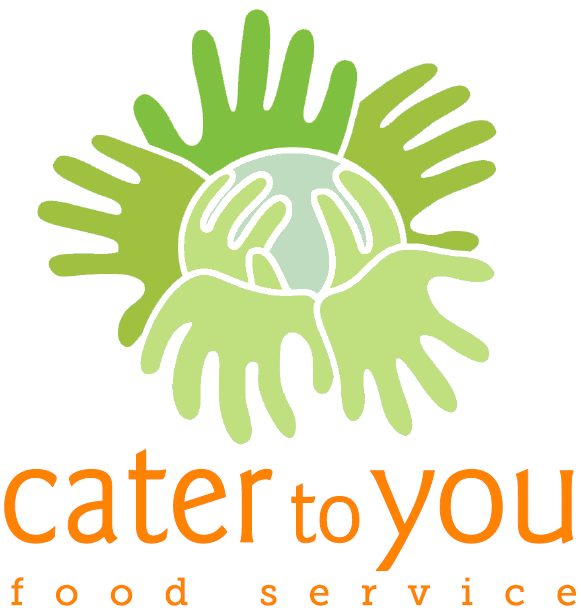Everything You Ever Wanted To Know About Eggs
…Including Where Ours Come From
Due to their high cholesterol content, eggs may have gotten a bad rap in the past. But, the truth is, they should actually be revered, not feared. Studies now show that high blood cholesterol associated with heart disease are affected by saturated fat and not so much by the cholesterol in food. That means we don’t have to eat only the whites or egg substitutes and need shun eggs no more, which is great news because with 6 grams of protein one large egg provides the protein gold standard. They are also an “eggceptional” source of vitamin A, which aids vision and bone health; choline, an essential nutrient for brain development and memory; and lutein, a disease-fighting antioxidant. That’s a lot of power in each little huevo. Brown, white, or blue, they are all nutritionally the same. The color of the shell is determined by the breed of bird that lays the egg. Interestingly, the color of a hen’s feathers can provide some indication of what color her eggs will be. From savory omelets to trendy shakshuka to oven-baked brulees, eggs shine morning, noon, or night.
Now that you know how important these little ovals are, let’s crack the code on all of the different labels out there (enough to make your head spin) and what you should really look for when purchasing your next dozen:
REGULAR These are your “standard” eggs. Regular eggs come from chickens raised in large commercial farms. In most cases, they are kept in small cages stacked on top of one another—known as battery cages—and their beaks and wings are kept clipped.
CAGE-FREE Despite the fact that “cage-free” sounds much more appealing, there actually isn’t much difference between regular and cage-free eggs. Cage-free simply means the chickens did not live their lives confined to cages. In most cases, however, they still live in very close quarters with little or no sunlight and their beaks and wings are still clipped.
FREE-RANGE While the term “free-range” tends to conjure up images of chickens roaming freely in a grassy field all day, the term simply means that the chickens have some access to the outdoors for at least a portion of their lives. In many cases, it may be only a few minutes or hours of sunlight in a small, enclosed yard crowded with other chickens.
FARM FRESH This term actually doesn’t mean anything. It’s not an official designation of any kind and is essentially a marketing term used to make buyers feel healthier about the eggs they’re buying.
CERTIFIED ORGANIC If eggs are marked “certified organic” it means the chickens who laid the eggs were given organic feed instead of being fed on chemicals and antibiotics. While it isn’t guaranteed, these chickens are far more likely to have exposure to sunlight during their lives. A primary benefit of certified organic eggs is that they limit your exposure to potentially harmful pesticides.
ORGANIC VEGETARIAN-FED Eggs with this label were produced by chickens that were fed a strict all-organic and completely vegetarian diet. This can have appeal if you yourself are a vegetarian.
NO ADDED HORMONES The Food and Drug Administration (FDA) actually prohibits the use of hormones in eggs. This means all eggs will technically fall into this category, so labeling as such is another marketing tactic.
ANTIBIOTIC FREE While antibiotics are fairly common in chicken feed, few hens are ever actually injected with antibiotics. By default, almost all eggs are already antibiotic-free.
OMEGA-3-ENRICHED Omega-3-enriched eggs are those that come from chickens who have been fed with an Omega-3-rich diet. Usually, the extra Omega-3 comes from flaxseed.
NATURAL According to the United States Department of Agriculture (USDA), the term “natural” simply means the eggs contain no artificial colors or ingredients and have only experienced minimal processing. Almost every egg (unless it’s an Easter egg) fits this description.
HUMANELY RAISED The term “humanely raised” by itself means little, because humane conditions are subjective. However, when eggs are Certified Humane, this means something more tangible and quantifiable. For eggs to be certified, the chicken farms must meet a substantial list of requirements such as decent living conditions that are checked regularly for rodents and have proper ventilation and nice floor coverings.
PASTURE-RAISED Pasture-raised eggs come straight from chickens who were raised in a pasture. It usually means the chickens were able to roam their pasture at will. Typically, these chickens ate an organic diet as well as bugs and worms, had access to sunlight, and are free from any hormones or antibiotics.
What Do We Serve at Cater to You Food Service?
While all eggs are a simple, nourishing whole food option, we believe that certain varieties are better for you given the nature of how the hens were fed, raised, and treated. The eggs we serve at Cater to You Food Service are both pasture-raised and certified humane from Vital Farms. You can read more about them here. Again, this designation means that pasture-raised chickens had plenty of opportunities to roam around a grassy area, forage for food and soak in sunlight and fresh air. All of these things will result in a healthier and more natural chicken that will, in turn, lay healthier and more natural eggs.
If you are wondering what to purchase for your own family, your best bet is to look for something from a local farm. Typically, local farms have a smaller operation, resulting in a more natural environment for the chickens to live and lay eggs in.
So, there you have it. We hope all of this information helps you on your next sweep through the grocery store, and leaves you feeling “eggcellent” about the eggs we serve your children.
